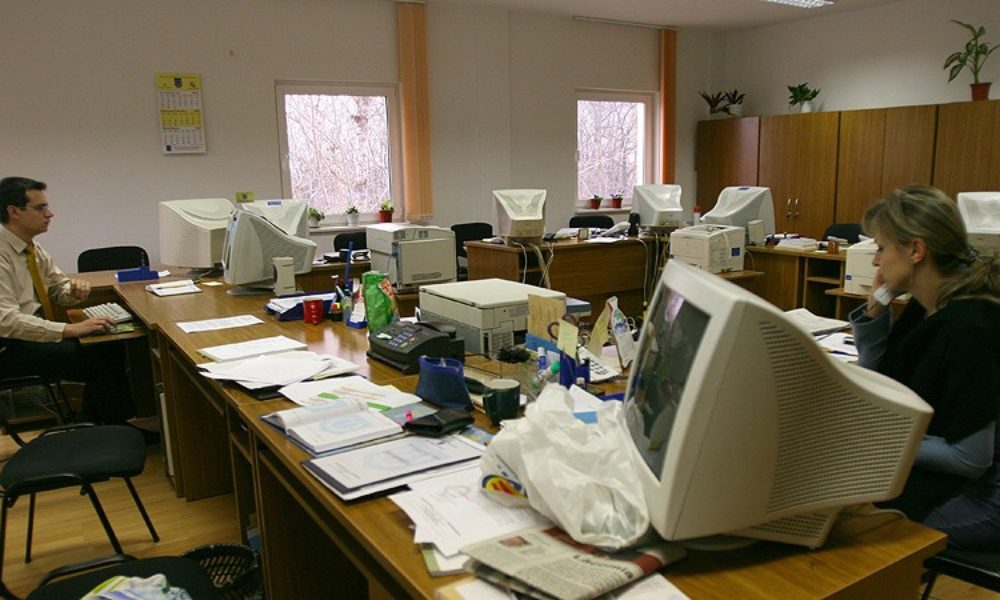More and more Russian companies connect employees to taxi services

Russian companies began to more actively change their own fleets to corporate taxi programs. The volume of the corporate transport market in 2025 can grow by 30%, to 150 billion rubles. Recently, for business, this has become a way not only to save, but also to increase the loyalty of employees connected to the programs in the conditions of a shortage of personnel.
The volume of the corporate taxi market in 2025 will grow by 30%, to 150 billion rubles, follows from the forecasts of the passenger transportation service by SWIFTDRive cars, which Kommersant familiarized with. The growth will accelerate compared to previous years: in 2024, the dynamics was 25%, in 2023-20%. The number of trips in 2025 will grow by 25%, up to 380 million, are expected in SwiftDrive.
The total volume of the Russian taxi market as a whole is about 1 trillion rubles. per year, they previously evaluated a taxi development council. The segment of corporate trips is growing due to convenience for business-and this is saving time, flexibility and less worries with parking lots, explains Dmitry Gusev, First Deputy Chairman of the State Duma Committee on Control. It is cheaper than maintaining your own fleet, he states.
For the past five years, the corporate segment began to use the service of attracting external transport, in particular a taxi, since the business is now in business, this is especially true for night shifts or work in remote areas, the co -founder of SWIFTDRive Stanislav Yastskobsky agrees.
The use of a corporate taxi allows you to reduce the frame turnover, explains the head of the Taxi product at Yandex GO for business Sergei Bruchkus.
This is especially true in conditions of personnel deficiency, which has become aggravated for the last year. According to Rosstat, in February 2025, unemployment in Russia amounted to 2.4%, which was just above the historical minimum of 2.3%recorded last year.
If earlier the companies on business trips, especially for top leaders, often resorted to the services of transfer companies, now a considerable part is looking towards a taxi, says Daria Zubtskaya Director Director and Communications of the Rocket Command. Often the cost of taxi services is lower than that of transfer companies, she explains.
1 trillion rubles
draws up the annual volume of the Russian taxi market, evaluated in the public taxi development council
In the conditions of an unstable economic situation, many companies seek to optimize their expenses, recalls the head of the informal union “New Labor” Maria Koleka. A corporate taxi allows you to clearly monitor the costs of this article: companies allocate expenses in a separate budget article in order to understand exactly where the money goes, this helps to avoid non -targeted spending of funds, says Natalia Lozinskaya, Executive Director of the National Taxi Council.
Against this background, more and more companies connect employees to taxi services. In 2025, the number of organizations using this service will grow by 30%, up to 300 thousand, is predicted to SWIFTDRive. Only more than 100 thousand companies have already been connected by Yandex GO.
More often other industries of corporate taxi are used by employees of pharmaceutical companies, banks and investment organizations, as well as industrial engineering, said Galina Polishchuk, managing director of the Vipservice corporate business. Also, among the industries in which the corporate taxi service is popular – IT, telecom, construction and development, adds Daria Zubritskaya. The service is also popular in areas where employees work in shifts or end the working day late at night, such as HoReCa or production, says Sergey Bruchku.
But there are also holding market growth factors.
The brake can be high tariffs during peak hours and a lack of drivers, warns Dmitry Gusev. Also, high competition from alternative types of transportation, such as car sharing, which is more economical, adds Maria Coleda. Last year, car sharing operators recorded an increase in demand from corporate customers (see “Kommersant” dated August 2, 2024).








